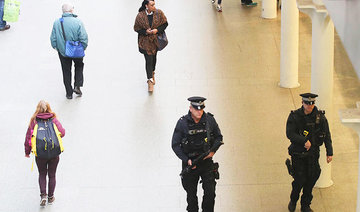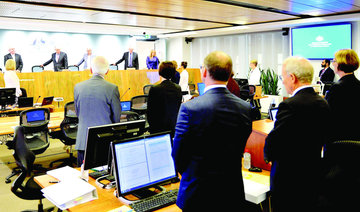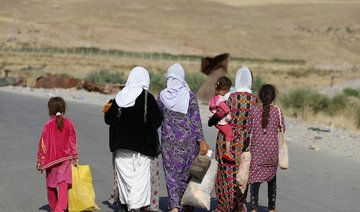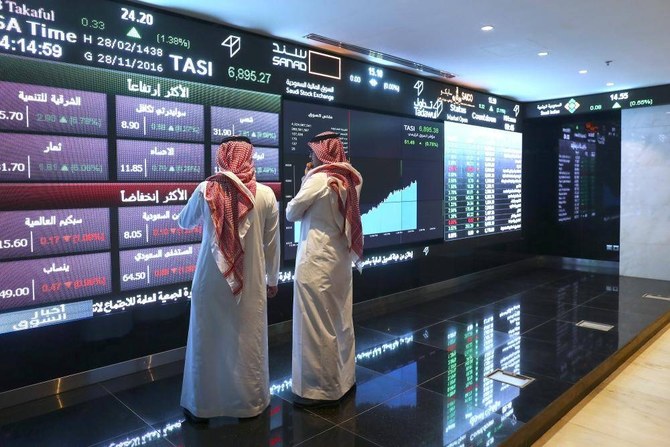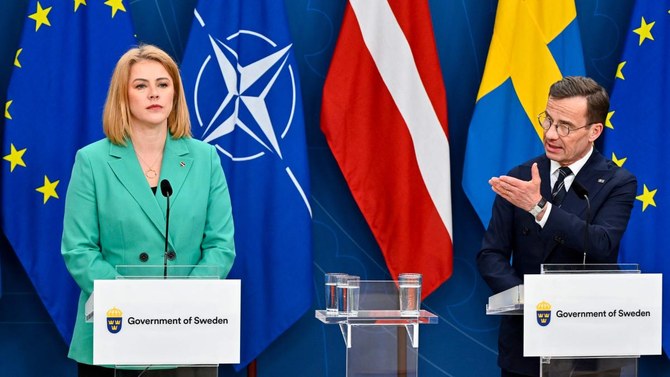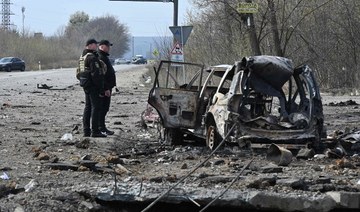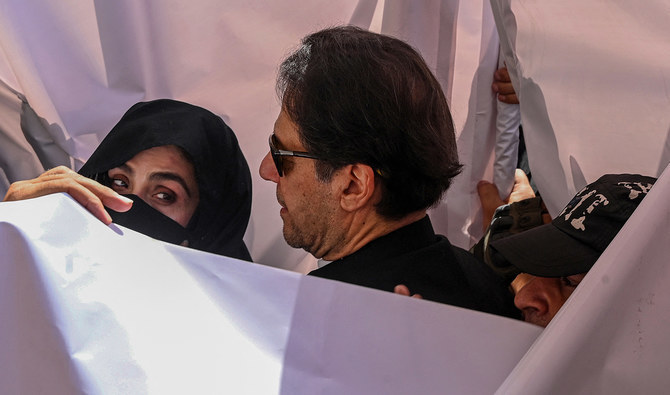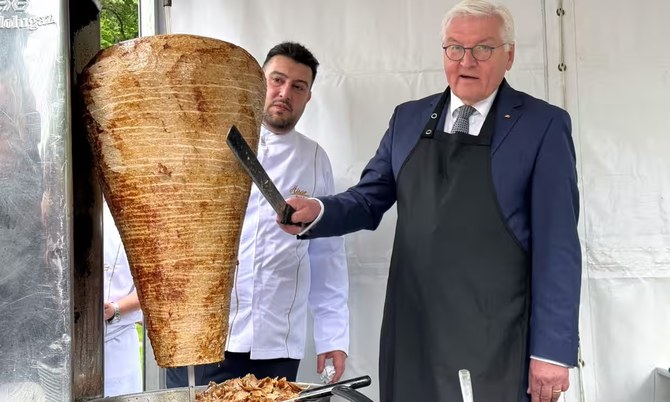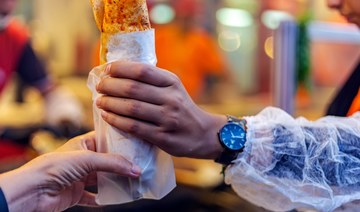DUBAI: A man made his 8-year-old son put a spider in his mouth, and watch disturbing horror movies to “discipline” him, a British court has heard.
The man who has not been named, to protect the identity of the boy, repeatedly hit and shouted at his son while drinking alcohol – the attacks, which involved kicking and slapping were witnessed by his younger sibling, Swansea Crown Court was told.
In one incident the boy said he suffered nightmares after his father made the children watch the horror film “The Ring” to scare them.
And on another occasion the defendant put a spider in the boy’s mouth “as a form of discipline,” and he also threw his son to the floor causing him to hit his head the court heard.
But the attacks only surfaced when the man turned on his partner, attacking her, and the boy finally told a teacher at his school what was happening.
During the investigation that followed the boy told police that his father’s actions made his “sad.”
The defendant had previously admitted two counts of child cruelty and one of assault – he is currently on a community order for the battery of his partner.
The defendant’s own lawyer said her client was “appalled” by his own behavior.
Telling the court that none of the physical injuries inflicted by the man had been serious, Judge Peter Heywood said however his behavior had undoubtedly had an emotional impact on the children.
“Children deserve to be protected and loved by their parents,” the judge said. “The way you behaved was totally unacceptable – you could not complain if I sent you straight into custody… But immediate custody would frustrate the community order you are on, and the work being done with you.”
The man received two 12 month jail terms for the child cruelty charges and two months for the assault charges. But all the sentences would run consecutively, the judge said making a total sentence of 12 months, which would be suspended for 18 months.
The man was also ordered to complete 150 hours of unpaid work, and attend a rehabilitation course.
Handing down the sentence, the judge warned the defendant that should he reoffend he would have “no hesitation” in jailing him immediately.



